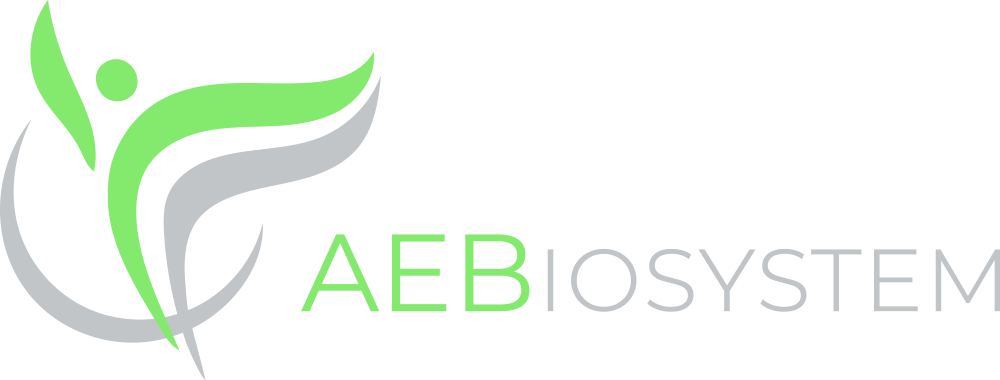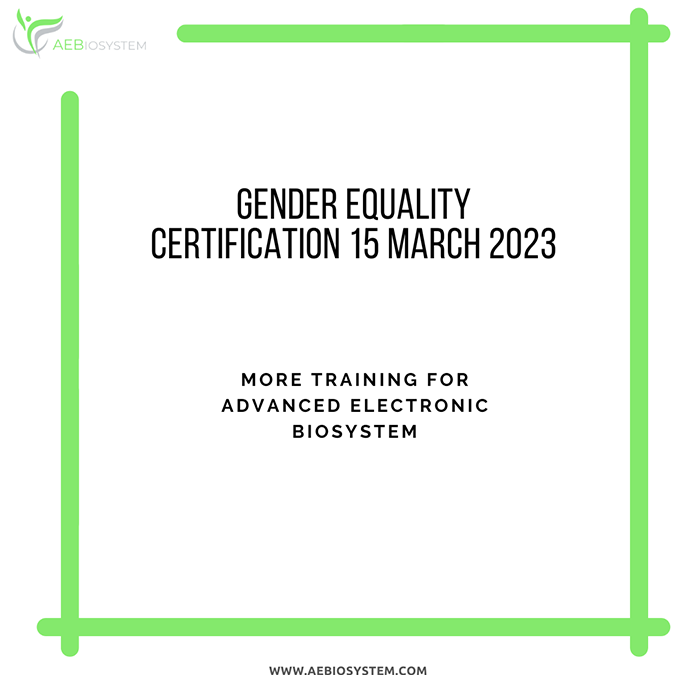The “Gender Equality Certification System” is an intervention of the National Recovery and Resilience (NRP) Mission 5 “Inclusion and Cohesion.”
Component 1: “Active labor policies and employment support.”
The mission is aimed at accompanying and incentivizing enterprises to adopt appropriate policies to reduce the gender gap in all areas most critical to women’s professional growth. The introduction of a Gender Equality Certification System aims to promote greater inclusion of women in the labor market: an essential tool for improving social and territorial cohesion, as well as of fundamental importance for the economic growth of our country. The Gender Equality Certification System, funded with 10 million euros from the NRP, also aims to ensure a higher quality of women’s work, promoting transparency on work processes in companies, reducing the “gender pay gap,” which indicates the difference between the average annual salary received by women and that received by men, increasing opportunities for growth in the company and protecting maternity. Currently:
– 60% women graduates but 50% with real employment, 17% of which are permanent;
– Average annual salary mothers is – € 5,700 compared to non-mothers.
The parameters to be considered for certifying companies are those contained in the UNI/PdR 125:2022 Reference Practice “Guidelines on the management system for gender equality that provides for the adoption of specific Kpi inherent to gender equality policies in organizations” and are divided into six areas: culture and strategy; governance; HR processes; opportunities for women’s growth and inclusion in the company; gender pay equity; parental protection; and work-life balance. Each company is assigned a score in each of the 6 areas. The company must obtain a score of 60 out of 100 to be certified, and verification of companies’ compliance with the indicators will take place annually. The goals of PdR 125: 2022 are to end gender-based violence, challenge gender stereotypes, close gaps in the labor market, achieve equitable participation in different sectors of the economy, address wage and pension gaps, close the gender care gap and gender balance in decision-making. How the certification is conducted:
1. Company applies for certification (voluntary preliminary audit);
2. Certification audit where documentary requirements and implementation of requirements are assessed;
3. Certificate is issued which is valid for three years;
4. Surveillance audit;
5. Renewal audit at the expiration of the certificate to renew for another 3 years.
An audit is a systematic, independent and documented process to obtain objective evidence. It will assess whether the company meets a number of KPIs- Key Performance Indicators that vary according to company size. KPIs are applied differently depending on the size of the organizations and the production area they belong to. Four clusters have been identified:
– Band 1 – Micro 1-9 employees;
– Band 2 – Small: 10-49 employees;
– Band 3 – Medium: 50 to 249 employees;
– Band 4 – Large: 250 and above.
Each individual indicator is associated with a different score, the attainment or non-attainment of which is weighted on the weight of the area to which it belongs. The certification for gender equality is valid for three years has and is subject to annual monitoring. This means that a re-evaluation will have to be requested every three years and could even be revoked during the year due to loss of requirements.
The practice has identified six thematic areas, each with a different weight, the final sum of which is 100, grouping a number of quantitative and qualitative indicators. The indicators make it possible to test the ability of companies, in each of the six areas, to put in place internal policies to protect gender equality. The six areas indicated by the Practice are:
1. Culture and strategy area (15 percent): aimed at formalizing and implementing a strategic plan that can foster and support the development of an inclusive work environment;
2. Governance area (15 percent): aimed at measuring the degree of maturity of the organization’s governance model aimed at defining the presence of the minority gender in the organs of direction and control of the organization.
3. HR process area (10 percent): aimed at measuring the degree of maturity of the main processes in HR, related to the different stages that characterize the life cycle of a resource
in the organization and which should be based on principles of inclusion.
4. Area opportunities for growth and inclusion of women in the company (20%): aimed at measuring the degree of maturity of organizations in relation to gender-neutral access
to internal career and growth paths and its acceleration;
5. Gender pay equity area (20%): aimed at measuring the degree of maturity of organizations in relation to the pay differential in a total reward logic, thus including non-monetary compensation, such as welfare and well-being systems;
6. Parenting protection and work-life balance area (20%): aimed at measuring the degree of maturity of organizations in relation to the presence of policies supporting
parenting in different forms and the adoption of procedures that facilitate the presence of women with pre-school children.
Among the benefits, organizations that achieve certification will be able to take advantage of:
– A contribution relief of up to 50,000 euros per year;
– A bonus score for the granting of state aid and/or public funding in general;
– Higher score in tenders for the acquisition of services and supplies;
– A higher attractiveness and retention to workers.
For Italian companies, gender equality certification is therefore not just a step to access public funds. It can prove useful in attracting talent and investment and fostering development throughout the country.
Indeed, consider the Global Gender Gap Report 2022 published by the World Economic Forum. Italy ranks 63rd out of 146 countries in the global index that considers the gender gap based on four factors: economy, education, health and politics.
Such a low ranking, by the way, is not reflected in the daily findings of businesses, organizations and institutions and confirmed by the report presented in January 2022 by AlmaLaurea, with the support of the Ministry of University and Research: women have better pre-university and academic performance than their male counterparts.
Supporting women’s employment, with the reduction of the gender gap, is not only a matter of social justice, but is to all intents and purposes a need related to the economic development and innovation of our country. So, the certification of gender equality, for Italian companies, not only represents an obligatory step to access public funds, but can also be a tool through which to position themselves in the market as an organization capable of attracting talent and financiers, in the key of a path of growth and innovation.

